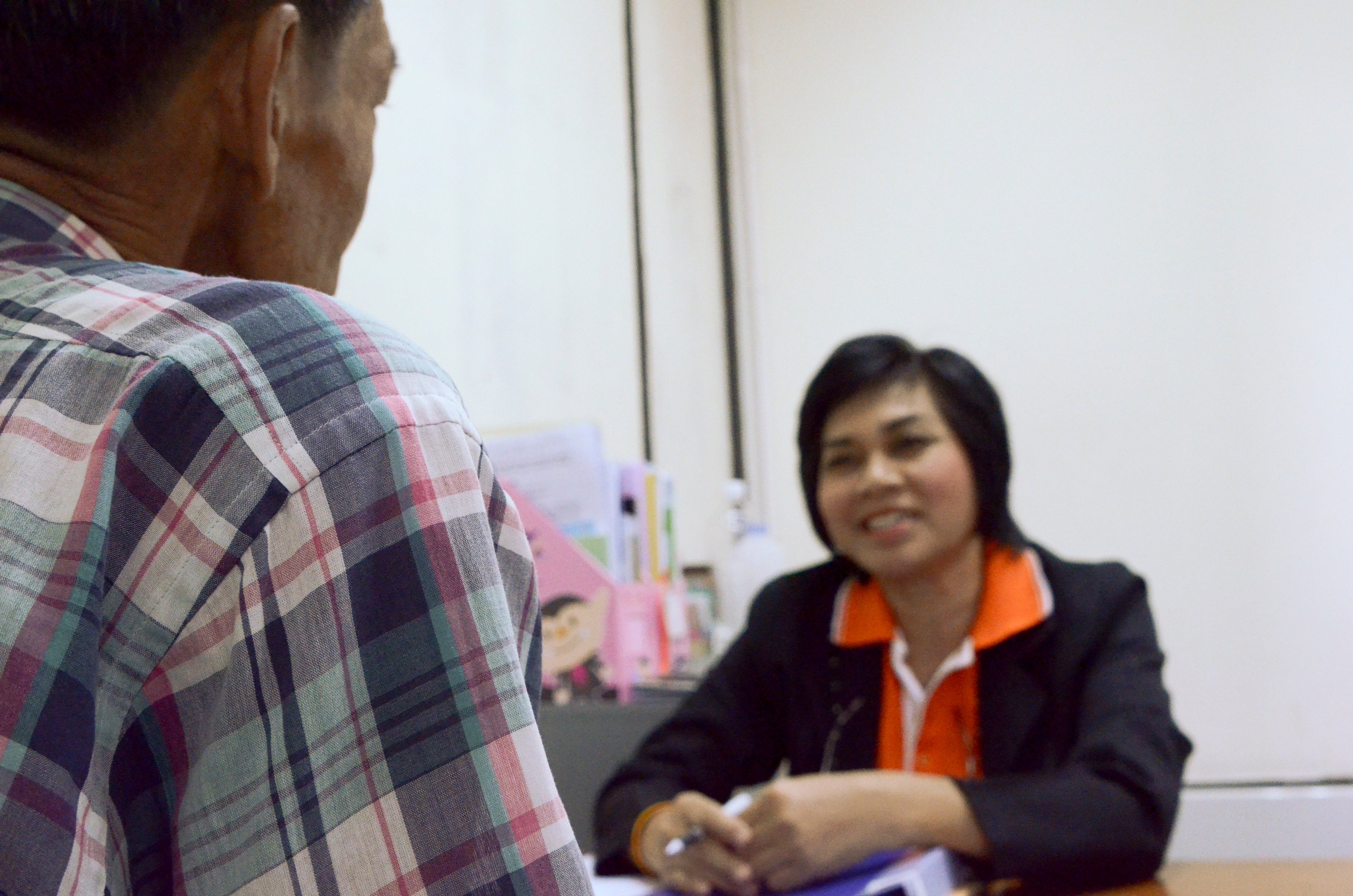
Over the past few decades, cheap and low-skilled labor has provided many countries — including much of East Asia — with a competitive advantage. However, with economies increasingly turning to automation, cheap labor and low skills will no longer guarantee economic growth or even jobs.
The good news is that what is being referred to as the Fourth Industrial Revolution (4IR) will also create jobs as highly skilled workers will be needed to work alongside the new technology. At a recent, World Bank-organized global education conference in Jakarta, Indonesia, policymakers, researchers and representatives from organizations dug deeper into the issues raised by these trends.
Research at the international, national and school level is increasingly looking at the value of non-cognitive skills (also often referred to as socioemotional skills) and at how education systems impact their development. Demand for these skills will continue to change as economies and labor market needs evolve, with trends such as automation causing fundamental shifts.
For many countries, a big question for the future will be how their education systems can move to more effectively support and better address the development of non-cognitive skills in order to equip students with a flexible set of skills that will allow them to thrive and continually adapt in the 4IR.
Non-cognitive skills and why they matter for economic development
The terminology is often varied, but the focus of this discussion was on the group of traits over multiple domains that contain behaviors and attitudes. Non-cognitive skills cover a range of abilities such as conscientiousness, perseverance, and teamwork. These skills are critically important to student achievement, both in and beyond the classroom. They form a critical piece of workers’ skill sets, which comprise cognitive, non-cognitive and job-specific skills.
Research is showing that there are concrete benefits to non-cognitive skills, both in education and labor market outcomes. The Bank’s STEP survey work, for example, has found concrete payoff for skills such as “grit” (a combination of passion and perseverance), conscientiousness and decision-making in the labor market, with even more importance to women and the poorest. These skills are also becoming more important as trends like automation shift the skills needed to compete in today’s fast evolving labor markets.
What countries are doing to build skills
For Singapore, the top performer in PISA 2015 (an international study conducted every three years which aims to assess education systems globally by testing 15-year-old students’ abilities science, math, and reading), recent trends such as stratification and a singular focus on examination scores led both policymakers and society to reexamine the nature of education.
During the conference, Singapore shared how they have recently introduced a more comprehensive model of education— schools are looking beyond cognitive skills testing and are incorporating character and citizenship education, with a holistic focus on children’s well-being and “development of the whole person.”
One model, called Positive Education, entails creating a culture that is supportive, caring and trusting. At the heart of this approach is a “double helix” view of success that links well being with a focus on academic excellence.
While the benefits to individuals and society of including non-cognitive skills are increasingly clear, a range of literature finds that some of the most cost effective interventions for building these skills begin at the earliest point in the lifecycle. However, systems can also target effective interventions at later life stages. The important takeaway is that what comes first lays the groundwork for what skills, and to what extent these skills, can be developed later in life.
Across the globe from Singapore, Mexico is transforming its secondary education to take advantage of an important window in adolescent development to raise socioemotional skills. At the conference, Mexico’s Ministry of Education shared how Mexico has implemented Construye-T program for students in in grades 10-12th, which provides and trains teachers to implement a set of activities in the classroom in order to develop students’ socioemotional skills. Not only has Mexico found the program to have a positive impact on education outcomes, and to be implementable at a low cost, they have also found that employers see many of these skills—such as team work, responsibility, and punctuality as absolutely critical for productivity.
What are the Challenges?
The host country of the conference, Indonesia recently implemented an education model focused on non-cognitive skills called ‘character education’ as part of broader education reforms.
A critical challenge highlighted by Indonesia is determining how to best deliver this type of education in the classroom. A key takeaway from the discussion is that approaches have to be integrated into the curriculum, not viewed as being separate from it. For education systems, “it’s not a tradeoff between cognitive and non-cognitive skills, they are mutually reinforcing.”
Measuring non-cognitive skills
Another challenge countries are facing is how to measure development of non-cognitive skills. Tools such as the STEPS survey provide a start, but we do not yet have great instruments to measure the presences of these behavioral and attitudinal skills.
Doing so requires finding a way to measure process, rather than outcome – an inherently complex task. Such tools are crucial to help governments pay attention to this relatively new area so that skills development policy can continue to evolve alongside rapidly changing market demands. International assessments such as PISA are increasingly looking at non-cognitive outcomes, as shown by forthcoming reports on collaborative problem solving, motivation and well-being.
Where do we go from here?
This conversation was only the beginning. We at the World Bank are continuing this dialogue in the region, in particular on the theme of building skills for the future: looking at the future of jobs, and what this means for human resource development and job creation. This topic will form a key theme at an upcoming forum organized by the World Bank and the Korean government.
The forum, to be held in Seoul, Korea in November 2017 will bring together policymakers, researchers and the private sector, with the aim of delving into these important questions: What does the future of jobs look like? How can governments partner with the private sector to best prepare for this transformation in terms of human resource development and job creation? If you have any thoughts on these issues, please share them in the comments section below.
Find out more about World Bank Group Education on our website and on Twitter. See all our resources on skills development.


Join the Conversation